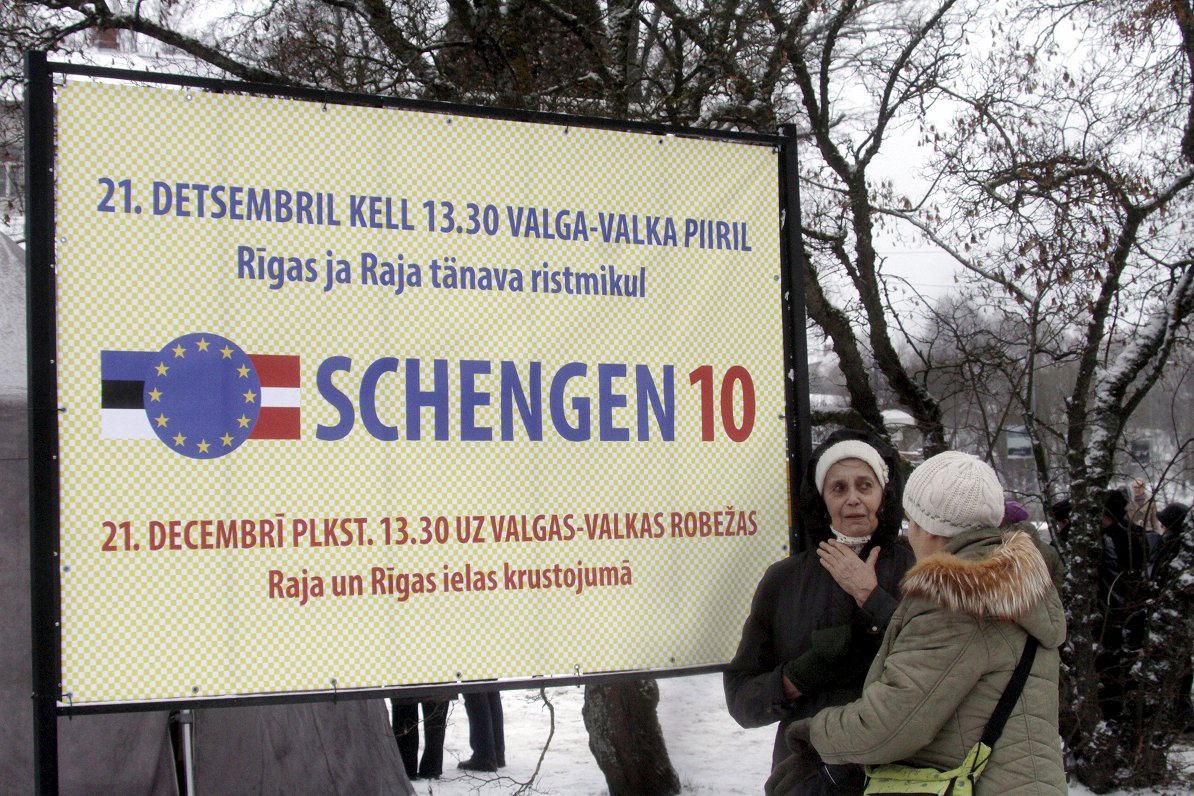A "Valga-Valka special zone" could cover both towns from within, with a controlled state border running round the outskirts of both towns, he suggested.
Though both Latvia and Estonia are Schengen zone members and requests for document checks at the border are rare, residents of the twin towns are required to carry appropriate documents with them if crossing the border.
Lepik says that with the growing movement between the two towns, for instance during jointly-organized exhibitions, festivals and sports events, the requirement for having a travel document to hand should be lifted.
"Last year, a kindergarten group wanted to travel 500 meters to visit another group [across the border] they had a friendship arrangement with. The group's leaders wanted to do things by the book and asked the police what documents were needed. When it became clear that the written consent of both parents was required, they did not venture over the border even though the kindergarten's backyard abuts on to the border," Lepik said.
"In essence, we are still in the same position in both countries. There are politicians and officials who are very aware of [the problem]. At the same time, this usually clashes with general rules and bureaucratic obstacles," Lepik said.
The Estonian Police and Border Guard Board have said that no unaccompanied minors have to date been sent back from the border, entering Valka, nor are Latvian children crossing in the other direction checked, ERR's online Estonian news reports.
"We have a joint art school on the Latvian side of the broder, and the children cross the border all the time as a result. But unfortunately, we have no guarantee that checks will not happen. Our goal is still to comply with the laws of both countries, and for these things to work properly, we would still need to change the regulations both of them," Lepik said.
The issue is just one of several raised by the unusual proximity of the two towns, which were a single one before Latvian and Estonian independence, but which were famously split in two by the movement of a British diplomat's pencil in the aftermath of World War One.
Differences in alcohol prices mean there are several drinks outlets on the Latvian side of the border catering to Estonian drinkers, while higher wages and child support benefits are a draw for Latvians living and working on the Estonian side.




























